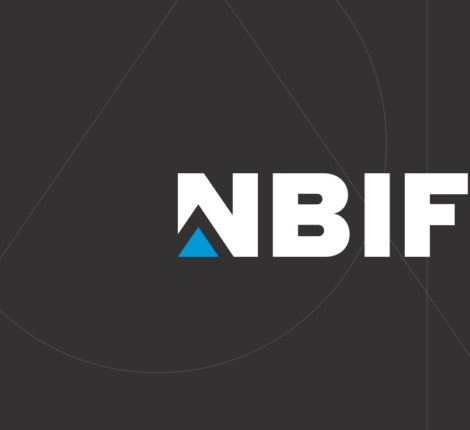- June 29, 2011
- Applied Research
- Comments : 0
NBIF Researcher and Portfolio Company Team Up
By Polly Leger – Telegraph Journal | link to original article
Digital technology promised a paperless world, but what about a world run by paper batteries?
University of New Brunswick researcher Adam Dyker has partnered with a Fredericton startup, KnowCharge, to create exactly that: a paper battery.
Dyker is a rising star in the world of applied chemistry. The Saint John native is an assistant professor of chemistry at the University of New Brunswick, and his research on organic batteries sparked the interest of KnowCharge last November.
The capital city startup, born from UNB research, creates commercial uses for conductive paper. It can create electric conductions out of paper of any thickness.
Currently KnowCharge, which became industry certified in February, is developing lightweight, eco-friendly batteries by replacing metal with its conductive paper.
This is where Dyker comes in. The 30-year-old's research involves replacing metals in batteries with organic compounds to produce a high-efficiency, rechargeable battery without the environmental drawbacks that come with often-toxic metals.
The organic materials he works with are “not something you'd grow in your garden,” the researcher said. Instead, Dyker uses nitrogen and carbon to replace metal compounds like cadmium.
The batteries, which can be charged in a matter of minutes, can be used “thousands” of times over, Dyker said.
“I really like that it's applied and that it has a potential to develop technologies that could be used by people that could lead to benefits to society,” Dyker said of his research.
They're in almost everything we use, Dyker said.
That's what Robert Morrow, CEO of KnowCharge, is counting on.
“The battery market is forecast to grow near $100 billion by 2018,” Morrow said. “There's just going to be an explosion.”
With a growing thirst for energy and green technology, Morrow said the future for eco-batteries is shining bright.
Dyker, working with KnowCharge head researcher Shane Beattie and UNB masters student Julien Martin, has been developing paper battery prototypes since last November.
Now, moving into a second research phase, Morrow said he hopes KnowCharge will soon double the amount of researchers on the project.
“The sky's the limit and we're certainly going to work towards that,” he said, noting a commercial prototype could be ready to go in 26 months.
Lured back to New Brunswick from post-doctorate work in California with a hefty $40,000 grant from the New Brunswick Innovation Foundation, Dyker is a poster boy for success, said CEO of the foundation, Calvin Milbury.
The executive said Dyker's “outstanding” academic record and applied research in a field with commercial potential is exactly the kind of talent the foundation tries to attract.
“The fact that he's been engaging with local companies is a plus for us,” said Milbury.
The CEO, who said the foundation has invested $136,000 worth of grant money into Dyker's research since 2010, said the money was well spent.
Research like Dykers, said Milbury, is “bringing in a tremendous amount of money into the province and carrying out a great deal of work that has commercial benefit to the region.”

